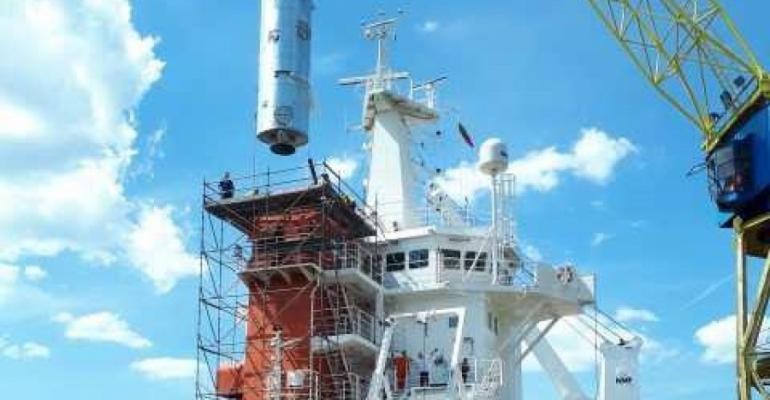The mission of the newly formed CSA 2020 is to provide information and research data to tell industry, national and international authorities, nongovernmental organiaations and the public about the environmental performance and benefits of open- and closed-loop exhaust gas cleaning systems.
CSA 2020 emerges amid claims from scrubber critics like Intertanko that open-loop systems produce washwater with high acidity. Others are calling for a delay in implementing the 0.5% sulphur cap.
All the founding members of CSA 2020 have made significant investments in exhaust gas cleaning systems to reduce harmful air emissions, and—as the group's name underscores—they're fully behind the IMO's 2020 requirement.
Members include John Fredriksen's Frontline, which has invested in a scrubber manufacturer, as well as his bulker company Golden Ocean, early movers cruise line Carnival Corp and multi-purpose shipowner Spliethoff, and relatively new arrivals to the party such as Safe Bulkers.
Frontline opts for scrubbers, buying stake in manufacturer
Spliethoff Group to install scrubbers on 30 additional vessels
Other alliance members are Blystad Group, Cargill, DHT Holdings, Eagle Bulk Shipping, Eastern Pacific Shipping, Grimaldi Group, Hunter Group, Navig8 Group, Okeanis Eco Tankers, Oldendorff Carriers, Star Bulk Carriers, Torm and Trafigura.
CSA 2020 members believe exhaust gas cleaning systems will make a substantial difference to the ports and ocean environments where their ships operate and will promote global environmental progress—“especially the goal of reducing the health impact from airborne sources, which is at the heart of the 2020 IMO regulation”.
Copyright © 2024. All rights reserved. Seatrade, a trading name of Informa Markets (UK) Limited. Add Seatrade Maritime News to your Google News feed.


